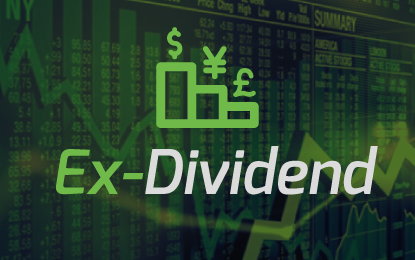Have you been thinking of getting into the Australian share market but unsure where to start?
Just like any financial venture, venturing into shares comes with its own sets of risks, and it’s crucial to tread carefully. In this blog, we will flesh out what share trading really is before seeking advice from a professional.
What are shares?
Shares are the units of ownership of a particular company. When an individual chooses to buy shares, they become one of its owners, known as a shareholder. The more shares you acquire, the bigger slice of the ownership pie in that company. When you own a share, you can sell them to another investor in the bustling share market. Additionally, you can buy shares that you may want to invest in, from other investors in the market.
What is the share market?
The share market, also known as the stock market, is a financial market where individuals and institutions converge to buy and sell stakes in publicly traded companies. These ownership stakes are represented by shares, which are commonly referred to as stocks. Essentially, the stock market is a giant marketplace for buying and selling shares of companies.
Companies like Rio Tinto, go to the open market with the aim to raise more capital than they can receive from their private owners or through bank financing.
Consider this: just as the price of cars go up when demand outstrips supply, the same principle applies to stocks. Conversely, if sellers outnumber buyers, the prices take a dip.
Here in Australia, the stock market is made possible by the Australian Securities Exchange (ASX) where buyers and sellers engage to trade stocks.
Once you’ve completed all your research and feel confident to step into the stock market and buy shares, you’ll need to start an account with a broker to access the ASX.
What’s the difference between stock and shares?
While “stocks” and “shares” are often used interchangeably, it’s vital to graph the technical distinctions. “Shares” typically refers to units of ownership in a given company, while “stocks” usually denote portions of ownership.
So as an investor, you might ‘own stock’ in JB Hi-Fi but hold JB Hi-Fi shares within your investment portfolio.
How do shares work?
The buying and selling of shares work in a similar way to a marketplace, where parties negotiate a price at which to exchange an asset. The stock exchanges like ASX, Nasdaq, and the New York Stock Exchange facilitate this process which requires a company to have held its initial public offering (IPO).
When you purchase shares, you are buying the underlying asset itself with the purpose of holding it over the long term. If the company thrives and its value soars, the price of your shares follows suit. Along the way, you may also enjoy dividends and voting rights. However, if the company faces headwinds and its value declines, your share price takes a hit, potentially resulting in a loss if you decide to sell.





